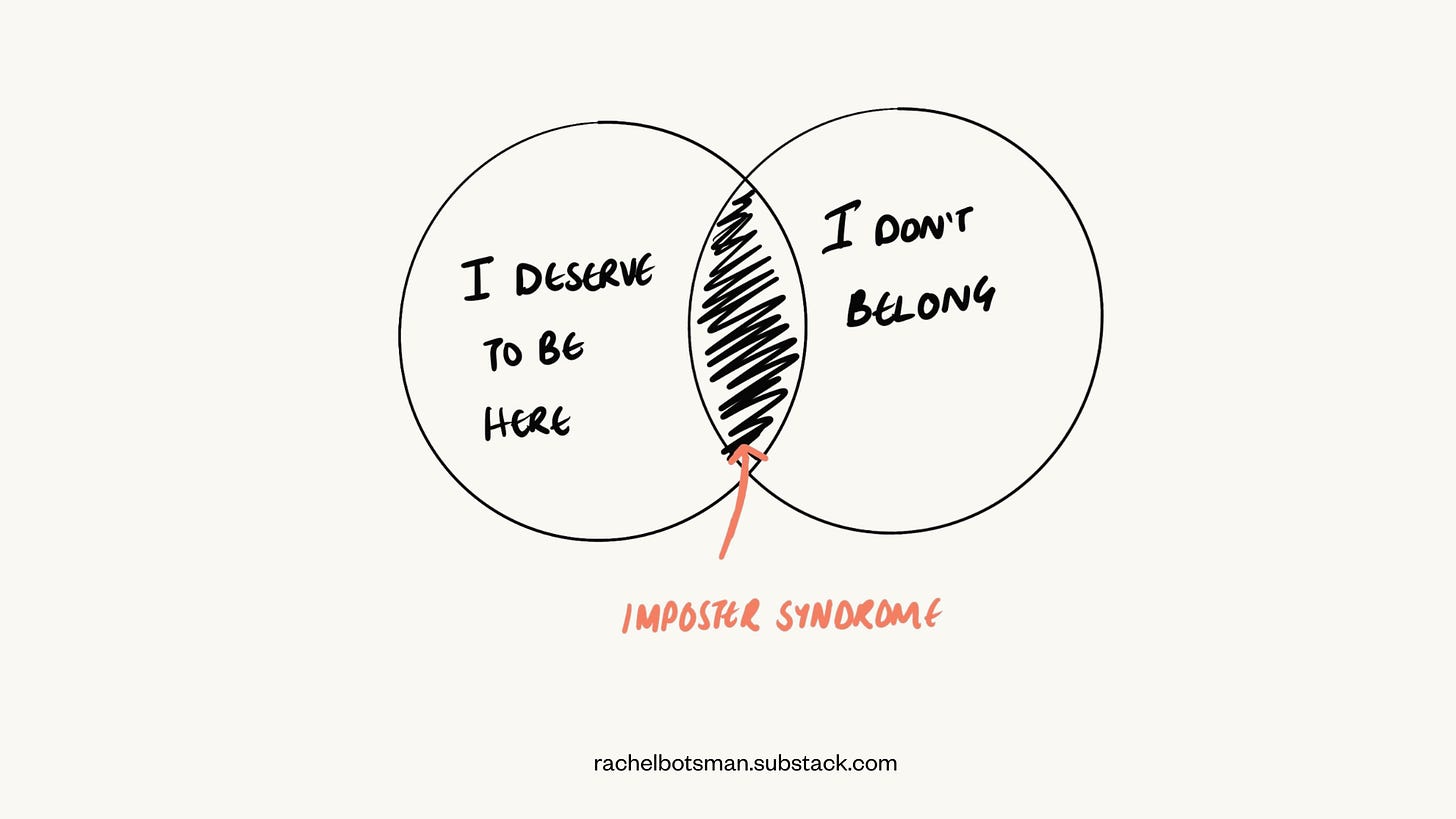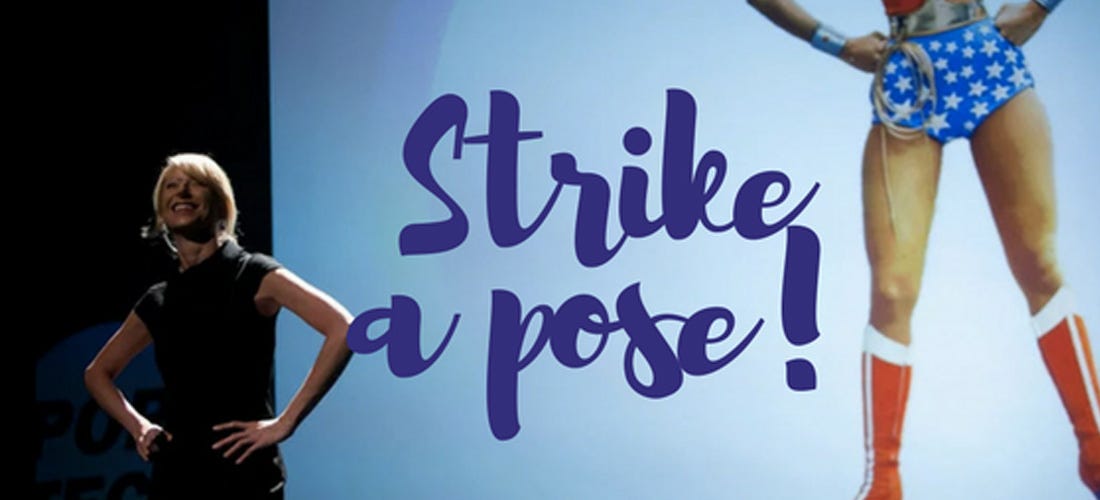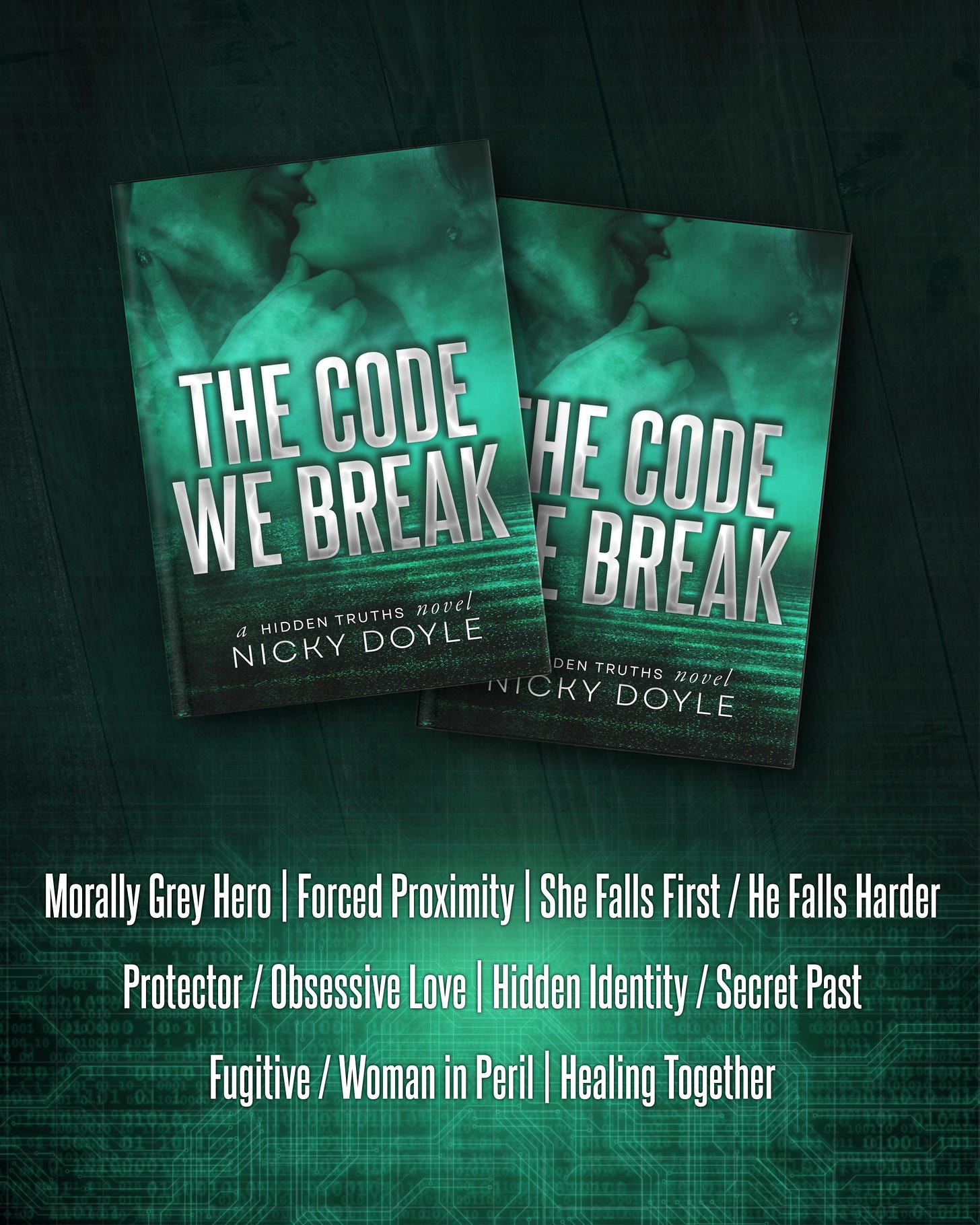Your Compliments Make Me Uncomfortable… But Don’t Stop
A field guide for the overachieving, validation-starved eldest daughter
I have been thinking a lot about validation lately. Not in the enlightened “I have transcended the need for it” sense, but in the desperate sense. The kind where your sense of worth is so flimsy you start twitching if no one claps for you by lunchtime.
My ego, it turns out, is a heat-seeking missile for praise. The problem is that the target has a brick wall around it. Compliments land, and my brain squints at them like What am I supposed to do with this?
I suspect this is because I have spent a lifetime building armor I never asked for. My brain keeps a meticulous archive of every time I was dismissed, overlooked, or treated like a disappointment. I did not even know I had this archive until I started asking myself why something as harmless as “You’re good at this” makes me brace for impact.
One memory stands out. My mother once introduced me to my new ballet teacher with, “This is my daughter, the potato.” She meant it as a joke. I was eight, wrapped in a leotard, about to plié for an audience, and now carrying the mental image of being a root vegetable with ankles.
If your early years train you to be the family joke or the person who quietly picks up all the slack, you start to think that is all you are. You chase achievements like oxygen. You carry what no one else wants to carry. You eventually take up writing because, clearly, you needed another profession where your worth is judged by strangers. (Hi friends reading this!)
Now that I am working on my book, my brain cycles between two equally charming opinions. No one will read it because I am terrible. Or people will read it, confirm I am terrible, and tell their friends.
A friend pointed out that neither of these makes for a happy ending, and they were right. Happiness fades because the validation fades. I even keep a “happiness folder” of nice things people have said about my work. I open it when I am low, but it is like eating cotton candy. Sweet for a moment, dissolves instantly, and you are still hungry.
You Are In Good Company
If any of this feels uncomfortably familiar, congratulations, you are not broken. You are simply in the extremely crowded club of competent people who think they are frauds. The bouncer is called Imposter Syndrome, and it has turned away some of the most brilliant minds in history.
Maya Angelou once said, “I have written 11 books, but each time I think, Uh oh, they’re going to find me out now. I’ve run a game on everybody, and they’re going to find me out.” If Maya Angelou can have a career like hers and still think she is somehow scamming the literary world, then you and I can probably stop pretending we are the exception.
When I read posts from authors like Veronica Roth and Navessa Allen wrestling with their own writing and editing doubts, it was like someone cracked a window in a suffocating room. The air rushed in. The pressure broke. If they can have shelves of published work and still spiral, then maybe we can stop waiting to feel bulletproof before we create something.
This was never about ability. It has always been about belief, and belief is far messier to fix.
So, What Can We Actually Do About It
There is no magic cure. No single trick that will turn your brain from “feral cat in a thunderstorm” to “serene monk in a meadow.” But we can break the cycle, one small and slightly stubborn act at a time.
The 5-Second Rule for Compliments
Borrowed from author Mel Robbins, this is a quick way to keep your brain from shredding compliments before they have a chance to land. Someone says something kind, and your mental reflex is to swat it away. “They’re just being polite.” “It’s not a big deal.” “They probably meant it for someone else and got confused.”
Stop that. You have five seconds to accept the compliment before your inner critic grabs the mic. Just say “Thank you.” Full stop. No qualifiers, no self-deprecation, no “Oh, this old thing?” garbage. You are not contractually obligated to agree with the compliment in your heart. You are just agreeing to let it exist without killing it on sight.
The Power Pose for Confidence
Years ago, I was a junior leader facing my first big presentation to senior execs, including the CEO. My emotional state could best be described as “squirrel in traffic.” Then I saw Amy Cuddy’s TED Talk on power posing, and thought, why not.
Since then, I have done Wonder Woman poses in bathrooms, stairwells, parking lots, and behind event curtains across several continents. Does it work? Not in the “you will instantly feel like Taylor Swift” way. But it gives me something physical to do, which shifts my brain from spiraling to acting. Standing like you belong somewhere is sometimes enough to convince your body you do, and then your brain will follow.
A Friend for Your Creative Soul
If you are a creative without a solid support system, I am going to play matchmaker and introduce you to a book I am reading called We Need Your Art by Aimee Macnee. It is the literary equivalent of a friend who has been through the same storm and will sit next to you while saying, “You matter, even if you currently feel like a useless goblin.” We all need that friend, and this book will hold the line for you when you can’t.
And if you need an extra tool at your disposal, the next step is something I force myself to do when I fall down the rabbit hole of self-doubt and criticism.
You don’t have to force yourself to believe the compliment. The first step is to acknowledge it happened. When you doubt that someone may not have meant it, that they were trying to be nice, etc., you can ask yourself, “Is there any actual evidence this is untrue?” The answer is almost always no.
This is not about waking up one morning and declaring yourself healed. This is a quiet, ongoing act of rebellion. It is allowing yourself to be imperfect, to carry the scar, but to start stitching anyway. Your worth is not determined by what anyone else says. It is in the fact that you are still here, still trying, still making something out of nothing. And that is not just enough. That is everything.
Nicky xox
P.S. This whole tug-of-war between craving validation and not knowing how to take it? It’s a huge part of my character, Vivien, in my upcoming book. She’s a professional success who never stops pushing herself, but it’s the morally grey hero’s quiet, genuine compliments that start to crack her armor. Sometimes the most disarming part of a love story isn’t the kiss or the grand gesture. It’s believing someone when they tell you you’re worth loving.






